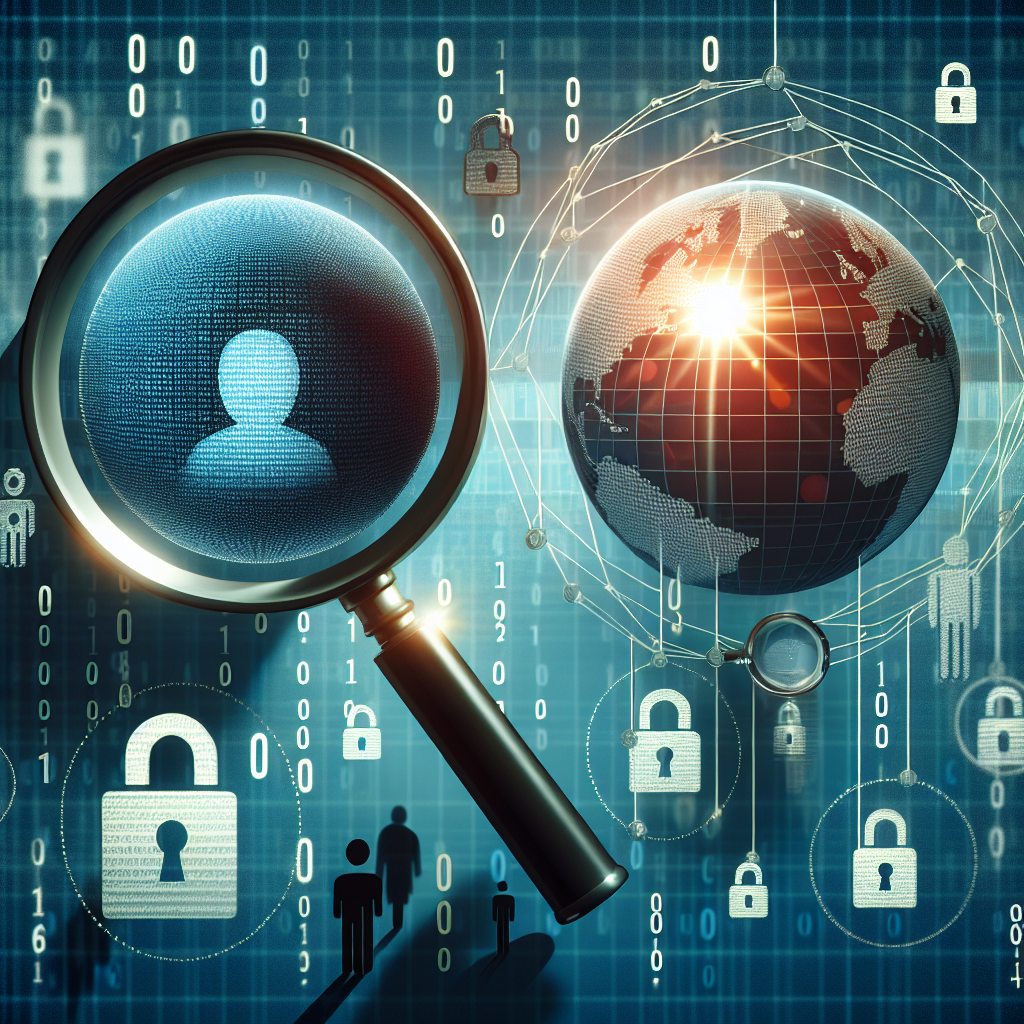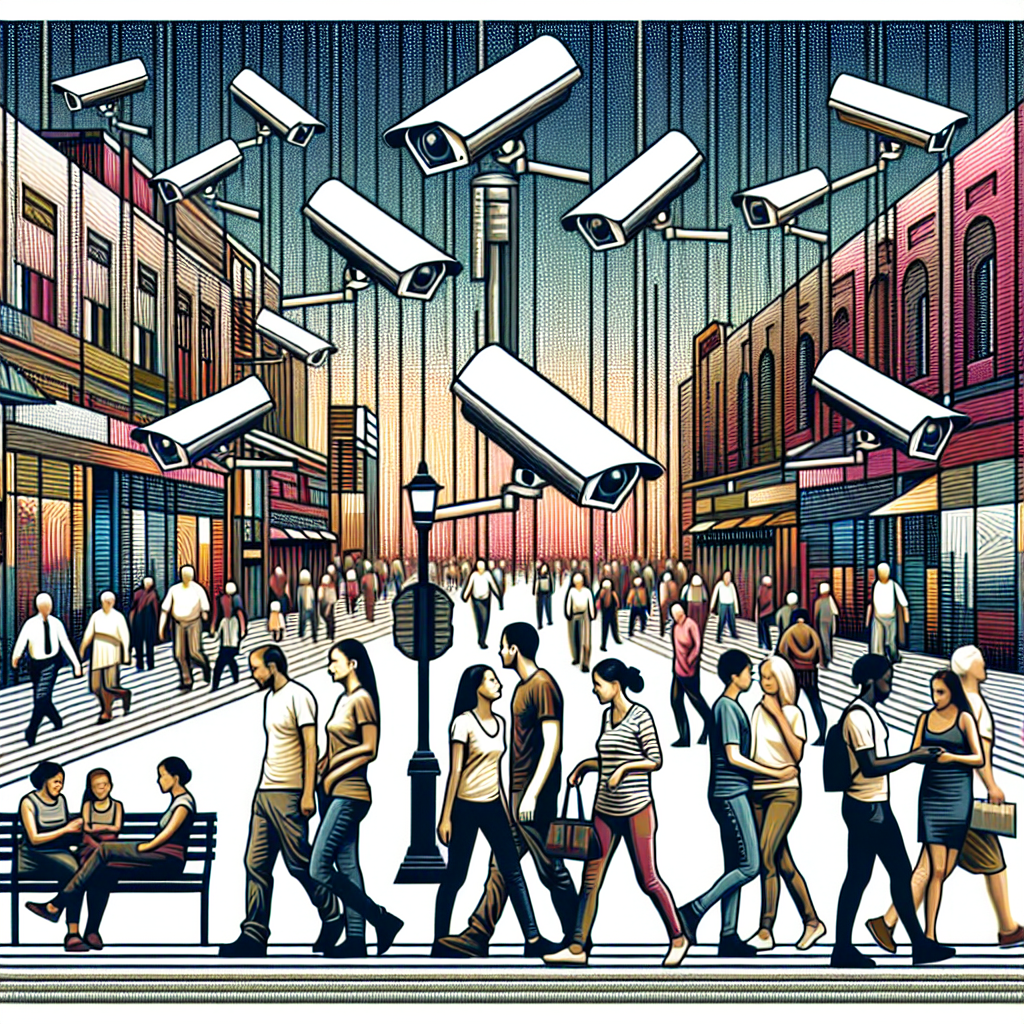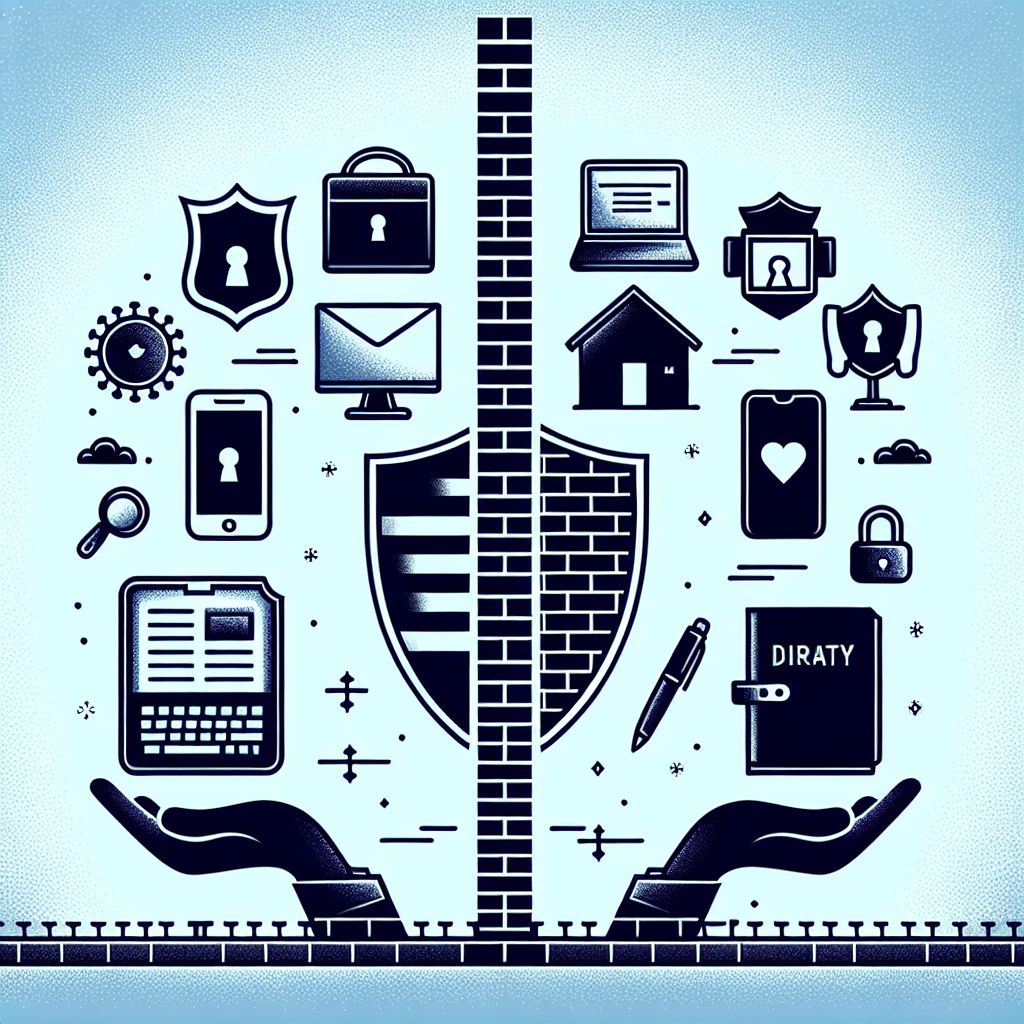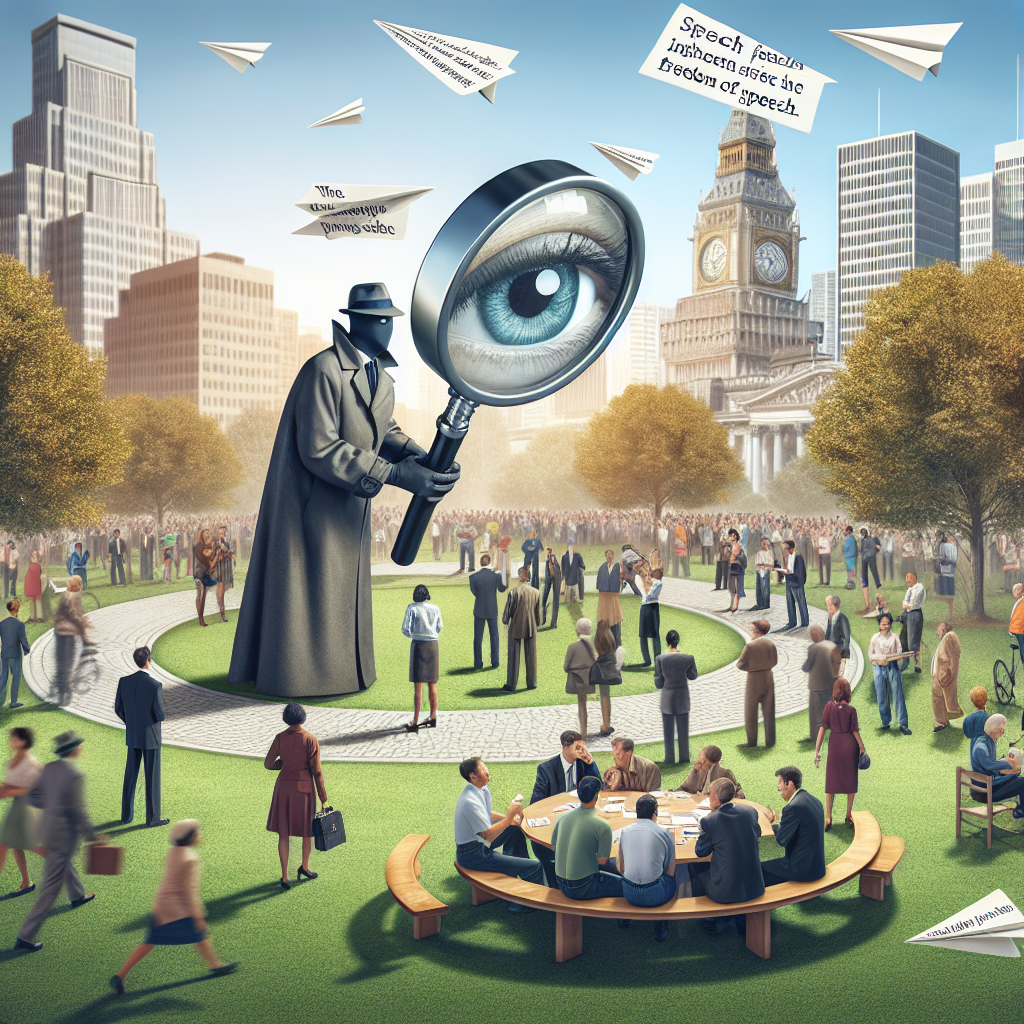Unmasking the Truth: How Much Does the Government Know About You?
The Digital Footprint
Every time you go online, you leave behind a traceable digital footprint that can be collected, analyzed, and stored. Your IP address reveals your geographical location, while cookies track your browsing habits. Websites you visit monitor your preferences, building a comprehensive profile of your interests and behaviors. This data is not only collected by private companies but is also accessible to government entities under various legal frameworks.
Legal Frameworks and Surveillance
The government has multiple avenues through which it can gather information on citizens. Laws like the USA PATRIOT Act and the Foreign Intelligence Surveillance Act (FISA) allow law enforcement agencies to access email communications and phone records without a warrant under certain circumstances. The legal ambiguity surrounding these laws often leaves citizens questioning how much of their personal information is being monitored.
Social Media and Data Harvesting
Platforms like Facebook, Twitter, and Instagram collect vast amounts of data about their users. This data isn’t only utilized for targeted advertising; it can also be shared with government agencies. For instance, during investigations, law enforcement may request access to specific user information, including messages, photos, and geolocation data. The Cambridge Analytica scandal highlighted the potential for misuse of data, revealing just how substantial these platforms’ data collection can be.
Location Tracking Technology
Smartphones are equipped with GPS and various tracking technologies, making them a double-edged sword. While convenient for navigation and local services, these devices can also reveal your movements. Law enforcement can acquire location data from phone carriers, or by using devices’ GPS records. Such data provides insights into daily routines, social interactions, and even private moments.
The Role of Internet Service Providers (ISPs)
ISPs play a pivotal role in data collection, as they route all your Internet activities. They can track your browsing history, which websites you visit, and how long you stay on each page. Under certain legal circumstances, governments can compel ISPs to provide this data. The Federal Communications Commission (FCC) has rules pertaining to customer privacy, but these regulations can vary and may not always protect user data comprehensively.
Facial Recognition and Surveillance Cameras
Facial recognition technology has gained traction, allowing authorities to identify individuals through surveillance footage. Numerous cities have deployed cameras equipped with this technology, leading to ethical debates regarding privacy versus safety. As these systems become more sophisticated, they can recognize individuals in real-time, prompting concerns about constant surveillance and the loss of anonymity in public spaces.
The Internet of Things (IoT)
Smart devices, from your refrigerator to your thermostat, are part of the Internet of Things (IoT) and can collect data about your home life. These devices often come with networked capabilities that allow manufacturers—and potentially the government—to gather user data. It’s crucial to understand that the more interconnected our devices become, the greater the potential for government access to our daily lives.
Data Aggregation from Multiple Sources
Governmental databases often aggregate data from various sources including financial institutions, social media platforms, and public records. This cross-referencing enables authorities to build detailed profiles of individuals. For example, if someone is involved in a legal case, prosecutors might gather data from all known databases to formulate a comprehensive investigation.
The Balance Between Security and Privacy
Governments argue that data collection is essential for national security and public safety. Programs designed to monitor communications and movements are often justified with the premise of preventing crime and terrorism. However, this constant monitoring raises moral questions about the balance between ensuring safety and protecting individual privacy rights.
The Impact of Data Breaches
With the extensive data collection by the government and various corporations, vulnerabilities arise. Data breaches can expose sensitive information, revealing everything from social security numbers to credit card details. High-profile breaches such as the Equifax hack have demonstrated that even agencies and corporations tasked with protecting public information can fall prey to cyberattacks. The risk to personal information becomes a significant concern for citizens in the digital age.
The Role of Whistleblowers
Whistleblowers play an essential role in shedding light on governmental overreach concerning personal data collection. Individuals like Edward Snowden have revealed extensive surveillance programs that collect data on millions without individual consent. Their actions have fueled public debate about transparency, accountability, and privacy, encouraging citizens to question how their information is handled.
Public Awareness and Advocacy
Grassroots movements and advocacy groups are crucial in raising awareness regarding surveillance and data collection practices. Organizations like the Electronic Frontier Foundation (EFF) and the American Civil Liberties Union (ACLU) work diligently to ensure that privacy rights are preserved. They often lobby for clearer regulations that protect citizens from unwarranted data collection while promoting digital rights.
The Role of Encryption
Encryption is becoming an essential tool for individuals seeking to protect their privacy. By encrypting communications and data, users can thwart unauthorized access from both hackers and government agencies. Applications such as Signal and WhatsApp use end-to-end encryption, ensuring that only communicating users can access the conversation. As the technological landscape evolves, encryption technologies will continue to be vital in protecting individual privacy.
Future Trends in Data Privacy
Emerging technologies, including artificial intelligence (AI) and machine learning, will undoubtedly shape the future of data privacy. As these technologies allow for more sophisticated data analysis, they will also generate challenges for regulatory frameworks. Striking a balance between innovation and privacy will necessitate ongoing dialogue among technologists, regulators, and the public.
Conclusion: The Path Forward
The landscape of personal data and privacy continues to evolve as technology advances and government policies adapt to new realities. It is up to individuals to remain vigilant, informed, and engaged in discussions about privacy rights. Understanding your digital footprint, advocating for robust privacy protections, and utilizing available privacy tools can empower citizens and help preserve the right to privacy in a rapidly changing world.
Authoritative Resources
- Electronic Frontier Foundation: A leading nonprofit organization defending civil liberties in the digital world.
- ACLU: The American Civil Liberties Union actively seeks to protect privacy and encourage surveillance reform.
- Privacy Rights Clearinghouse: An advocacy organization providing resources and guidance for consumers on privacy-related issues.
Key Takeaway
Being aware of the extent to which the government can track and collect personal data is essential for safeguarding your privacy in today’s digital age. From legal frameworks to technology advancements, the landscape of privacy rights continues to shift, demanding active participation from informed citizens to uphold civil liberties.













Leave a Reply